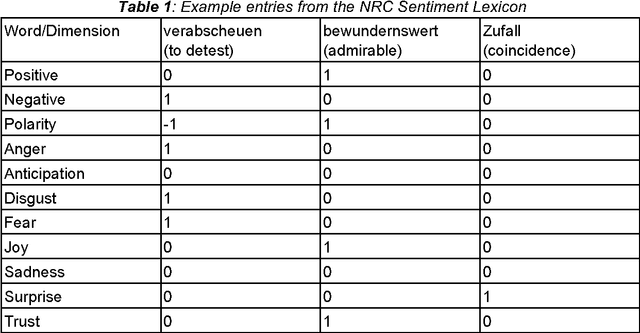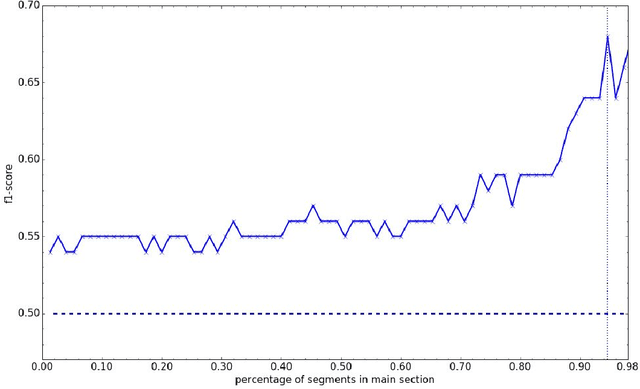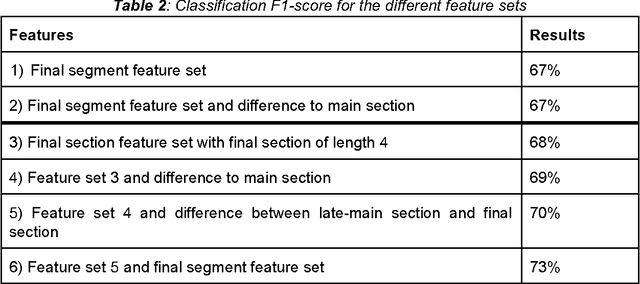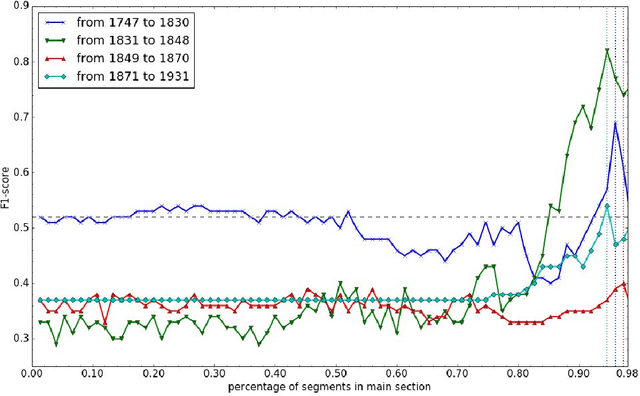Fotis Jannidis
ModernGBERT: German-only 1B Encoder Model Trained from Scratch
May 19, 2025Abstract:Despite the prominence of decoder-only language models, encoders remain crucial for resource-constrained applications. We introduce ModernGBERT (134M, 1B), a fully transparent family of German encoder models trained from scratch, incorporating architectural innovations from ModernBERT. To evaluate the practical trade-offs of training encoders from scratch, we also present LL\"aMmlein2Vec (120M, 1B, 7B), a family of encoders derived from German decoder-only models via LLM2Vec. We benchmark all models on natural language understanding, text embedding, and long-context reasoning tasks, enabling a controlled comparison between dedicated encoders and converted decoders. Our results show that ModernGBERT 1B outperforms prior state-of-the-art German encoders as well as encoders adapted via LLM2Vec, with regard to performance and parameter-efficiency. All models, training data, checkpoints and code are publicly available, advancing the German NLP ecosystem with transparent, high-performance encoder models.
Analyzing Features for the Detection of Happy Endings in German Novels
Nov 28, 2016



Abstract:With regard to a computational representation of literary plot, this paper looks at the use of sentiment analysis for happy ending detection in German novels. Its focus lies on the investigation of previously proposed sentiment features in order to gain insight about the relevance of specific features on the one hand and the implications of their performance on the other hand. Therefore, we study various partitionings of novels, considering the highly variable concept of "ending". We also show that our approach, even though still rather simple, can potentially lead to substantial findings relevant to literary studies.
 Add to Chrome
Add to Chrome Add to Firefox
Add to Firefox Add to Edge
Add to Edge